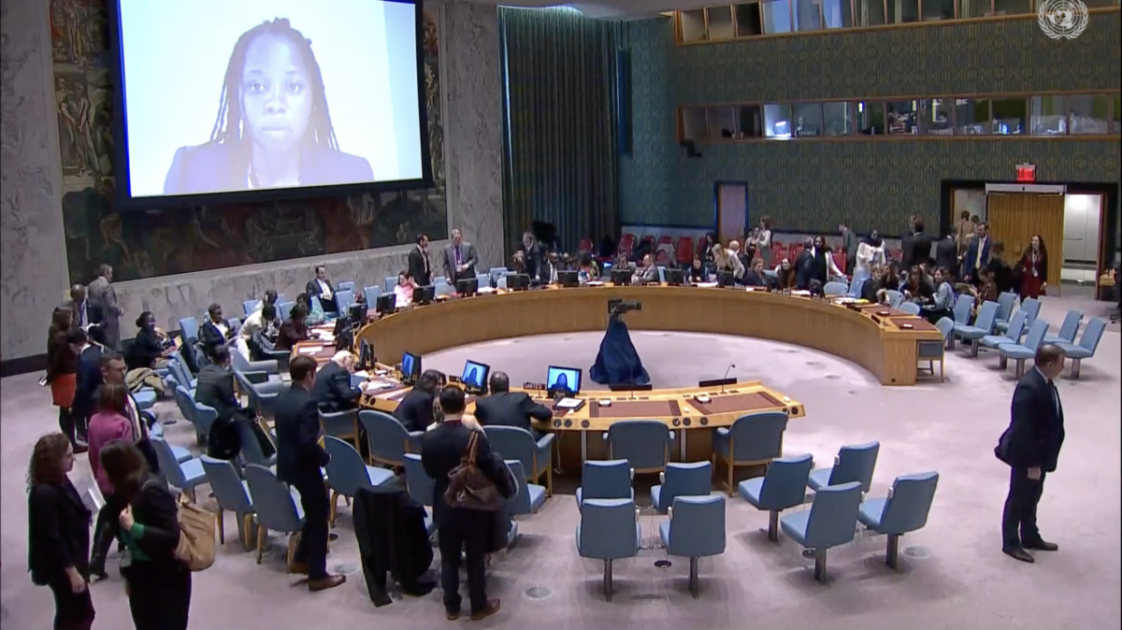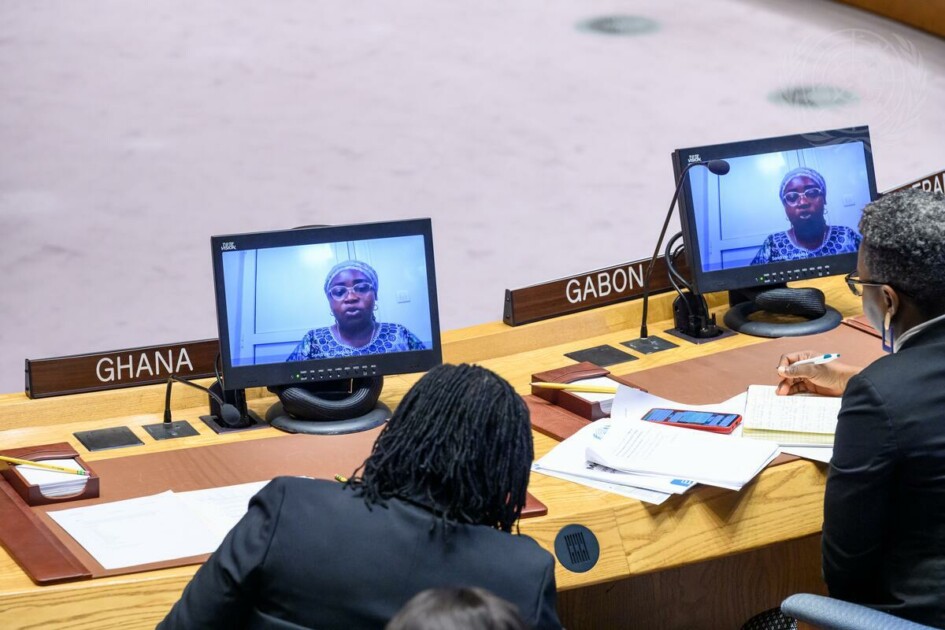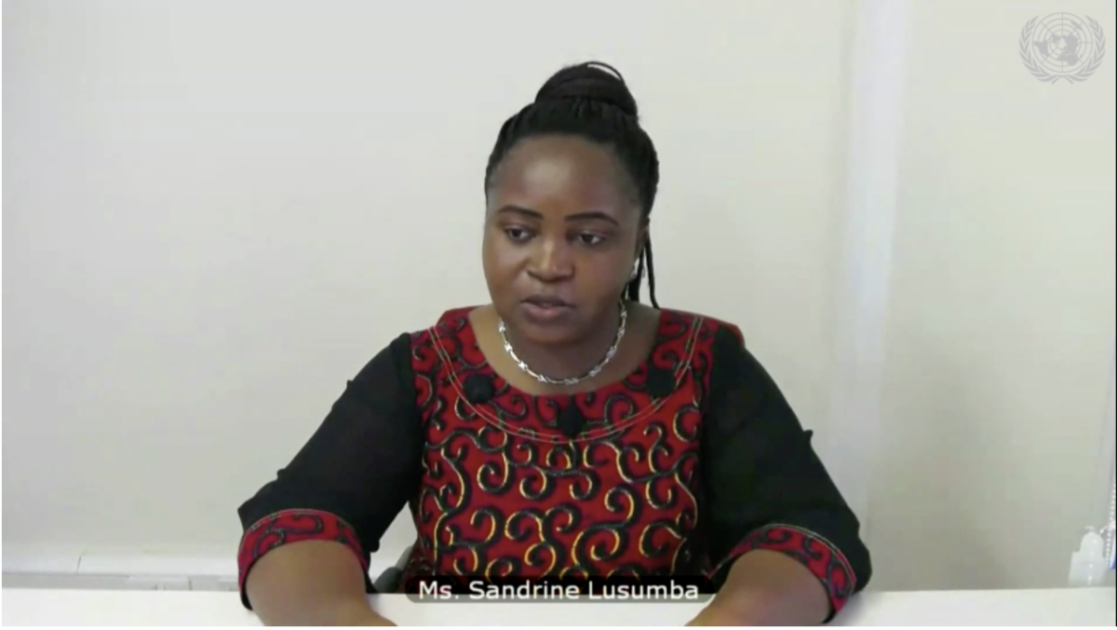Democratic Republic of the Congo
Women in the Democratic Republic of Congo continue to face widespread sexual violence, disease, and displacement in conflict situations arising from clashes between dozens of armed groups. Often, sexual violence and rape are used as terror tactics and weapons of war, and despite the ratification of the Convention on the Elimination of All Forms of Discrimination against Women (CEDAW) and the Women’s Platform for the Peace, Security and Cooperation Framework, women are still largely underrepresented in peacebuilding efforts. Additionally, women activists face rape as a form of torture by government actors who disagree with their political activity. The United Nations Organization Stabilization Mission in the DRC (MONUSCO) aims to provide protection for civilians, including reducing the threat of armed groups perpetrating sexual and gender-based violence, monitoring and reporting on sexual violence and ensuring women’s participation in stabilization and national political dialogue.
Democratic Republic of the Congo
Women in the Democratic Republic of the Congo continue to face widespread sexual violence, disease, and displacement in conflict situations arising from clashes between dozens of armed groups. Often, sexual violence and rape are used as terror tactics and weapons of war, and despite the ratification of the Convention on the Elimination of All Forms of Discrimination against Women (CEDAW), and the Women’s Platform for the Peace, Security and Cooperation Framework, women are still largely underrepresented in peacebuilding efforts.
Additionally, women activists face rape as a form of torture by government actors who disagree with their political activity. The United Nations Organization Stabilization Mission in the DRC (MONUSCO) aims to provide protection for civilians, including reducing the threat of armed groups perpetrating sexual and gender-based violence, monitoring and reporting on sexual violence and ensuring women’s participation in stabilization and national political dialogue.
Current and Past Recommendations to the UN Security Council (Monthly Action Points)
Particularly given the recent increase in violence in Goma, in its consideration of the Secretary General’s report on MONUSCO, the Council should inquire into specific information on: efforts to include women in all peace and reconciliation efforts; on targeted attacks of any nature on women; on the impact of the humanitarian situation on women and girls; of consultation with women’s human rights organizations in all stabilization and peace consolidation efforts; and on the centrality of women’s rights to electoral, security sector, and judicial reform. In addition, the Council should ensure that any additional intelligence data at MONUSCO’s disposal serves as early warning signals to inform optimal protection of civilians, including women and children, from abuses by armed groups and the national army. The intervention brigade authorized under the MONUSCO mandate in SCR 2098 (2013) should be held to the mission’s protection of civilians mandate, must be subjected to strict vetting procedures, and pre-deployment training should include international humanitarian and human rights law and reach best practice standards, particularly regarding sexual violence in conflict.
Relevant Resources









